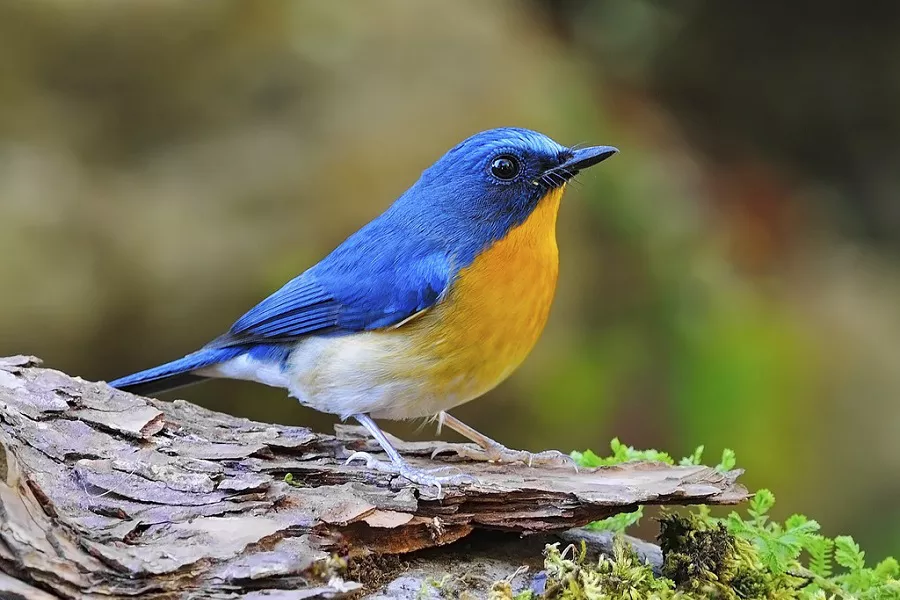Bluebirds are small, brightly colored birds that are often associated with spring and summer. These birds are known for their beautiful songs and lively personalities, but many people wonder about their sleeping habits. Do bluebirds sleep in their nest at night? In this article, we will explore the answers to that question and more.
Introduction to Bluebirds
Before we dive into the topic of bluebirds and their sleeping habits, let’s take a moment to learn a little more about these fascinating creatures. Bluebirds are members of the thrush family, which includes over 300 species of birds. There are three species of bluebirds found in North America: the Eastern Bluebird, the Western Bluebird, and the Mountain Bluebird. All three species are cavity nesters, which means they build nests inside tree cavities or other natural or man-made structures.
Bluebirds are small, typically around 6-8 inches long, and have striking blue feathers on their backs and wings. They also have rusty-red breasts and white bellies. Both male and female bluebirds have similar coloration, though males tend to be slightly brighter.
Bluebird Nesting Habits
As mentioned earlier, bluebirds are cavity nesters, which means they build their nests inside tree cavities or other structures. However, since suitable nesting sites can be hard to come by, bluebirds will also use nest boxes or birdhouses provided by humans. These structures mimic natural tree cavities and provide a safe and secure place for bluebirds to lay their eggs and raise their young.
Bluebirds typically mate in late winter or early spring and begin building their nests soon after. The female bluebird lays between 3-7 eggs, which she incubates for about two weeks. After the eggs hatch, both parents work together to feed and care for the chicks until they fledge, which takes about 17-21 days.
Do Bluebirds Sleep in Their Nest at Night?
Now, let’s get to the question that brought you here: do bluebirds sleep in their nest at night? The answer is yes and no. While bluebirds primarily use their nests for nesting and raising their young, they may also use them for roosting during cold weather.
During winter, when temperatures drop, bluebirds will roost together in large groups to conserve body heat. These groups may contain several bluebirds or even birds from other species. However, it’s important to note that bluebirds don’t rely solely on their nests for roosting. Instead, they may choose to roost in other sheltered locations, such as dense shrubs or evergreen trees.
So while bluebirds may use their nests for roosting during cold weather, they don’t necessarily sleep in them every night. Bluebirds are diurnal birds, which means they are active during the day and rest at night. During the night, they may sleep in a variety of locations, including trees, shrubs, and other sheltered areas.
Conclusion
Bluebirds are fascinating birds with unique nesting habits and beautiful coloration. While they primarily use their nests for nesting and raising their young, they may also use them for roosting during cold weather. However, bluebirds don’t rely solely on their nests for roosting and may choose to sleep in a variety of other locations at night.
If you want to attract bluebirds to your yard, consider providing a nest box or birdhouse specifically designed for bluebirds. By doing so, you can help provide these amazing birds with a safe and secure place to raise their young and roost during cold weather.


 Facebook
Facebook  Instagram
Instagram  Youtube
Youtube 